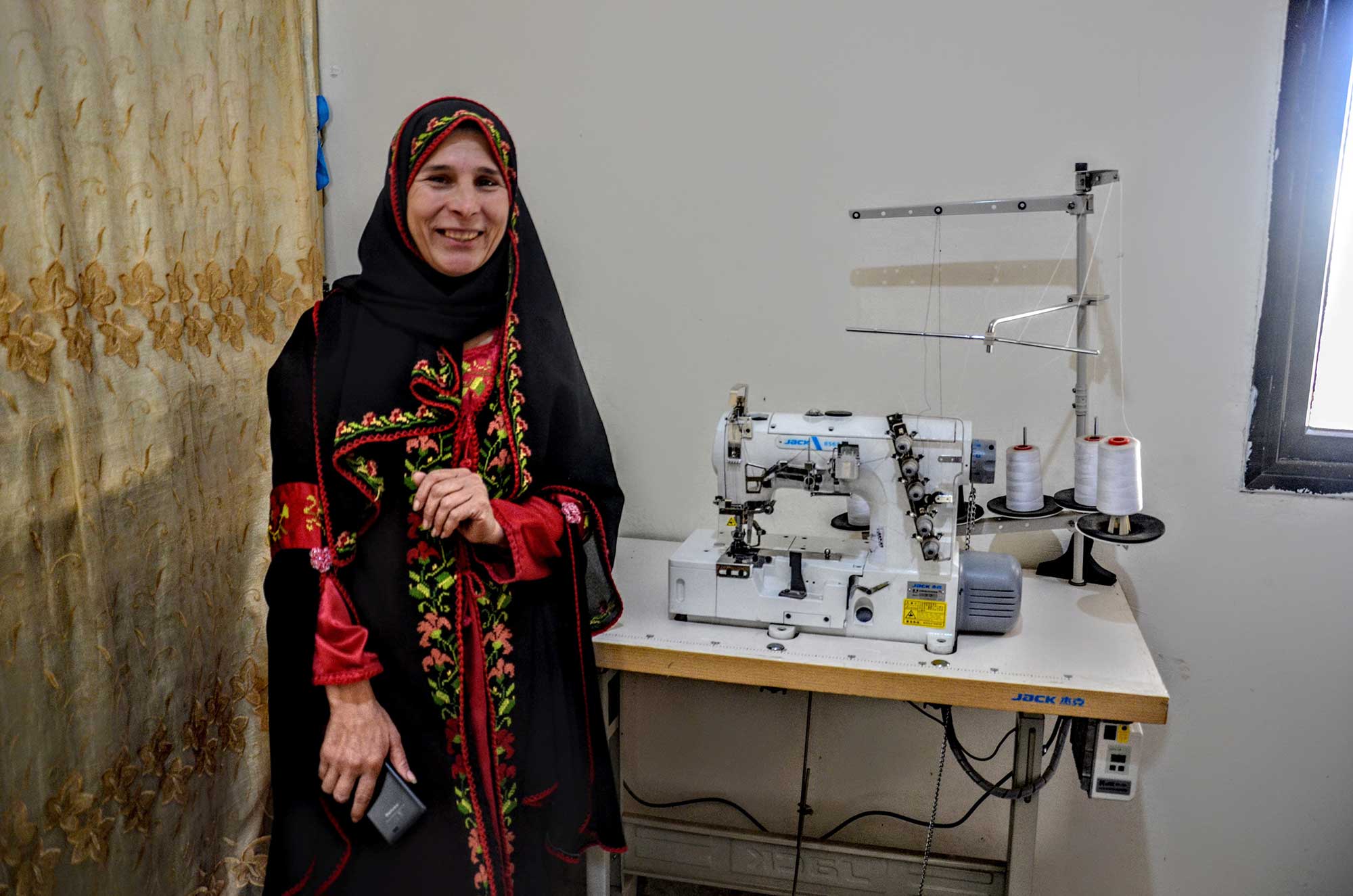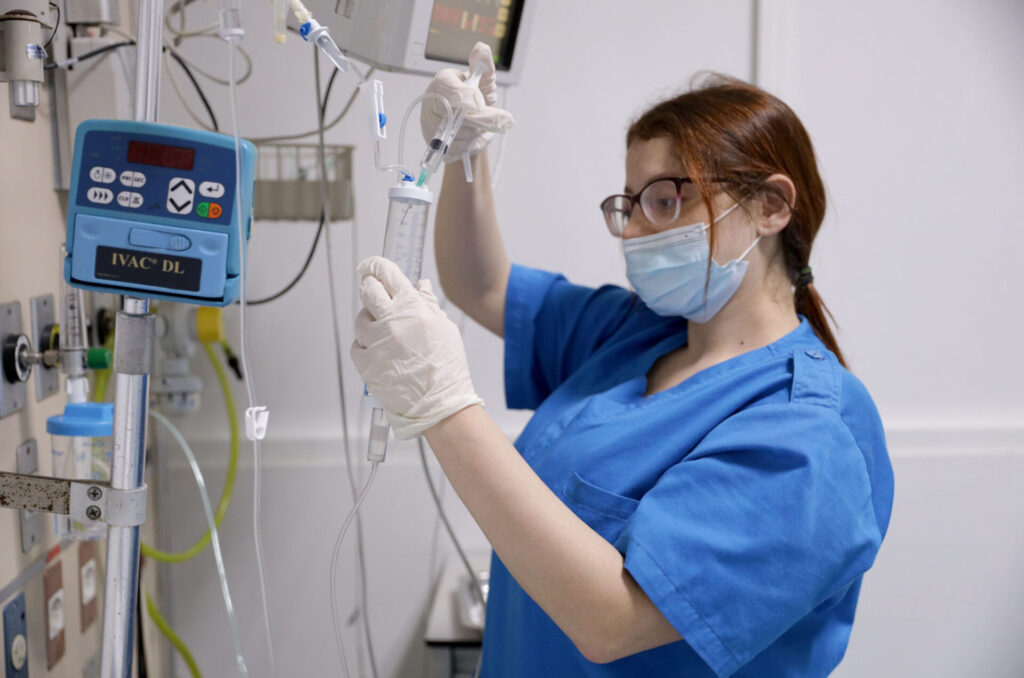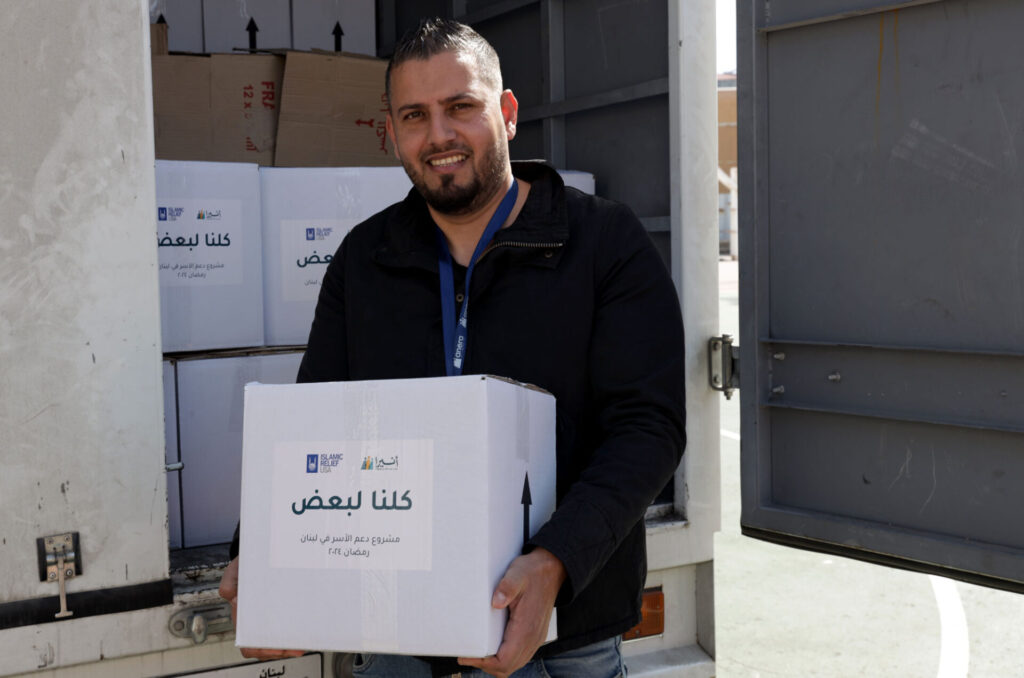Dec, 2019
When Asmaa was 15 years old, she started sewing as a hobby. Now she relies on it for her income in her small West Bank town of Beit Fourik, near Nablus.
As her reputation as a great dressmaker grew, so did her workload. The problem was she sewed everything by hand. The work was time-consuming and inefficient. "It was a challenge keeping up," Asmaa says. "I lost some customers as a result."
Then Asmaa learned about an Anera's Women Can program that helps Palestinian women build businesses. As a divorcee with seven children and a marketable skill, Asmaa was an ideal candidate.
With funding from IRUSA, Anera provided her with a sewing machine and materials. Anera's business training helped her to make better use of her time and finances.


"I learned to maintain good relations with suppliers. So I can buy materials I need at a decent price."


"It [Anera's program] has made a huge difference in my work! It took me a little time to let people know about my new equipment and win back my customers," Asmaa says. But they are back and they love her work.
Asmaa has seen a huge uptick in her income. Orders often come from her neighbors, but Asmaa also advertises on Facebook. Word is spreading about the quality of her work.
She is fixing women's dresses, making decorative trays and creating new dresses. Asmaa always looks for new designs and patterns. "Sometimes I order patterns from Jordan to keep up with fashion in other countries," she says. One big asset for her business is Asmaa's mother. She does gorgeous embroidery work, which Asmaa uses in new dress designs.
"I want to grow and include more relatives who have crafts and embroidery talents," Asmaa says. "I'd like to have a family business!”
The views expressed herein are those of Anera and shall not, in any way whatsoever, be construed to reflect the official opinion of IRUSA, its Islamic Relief affiliates, or its donors.


